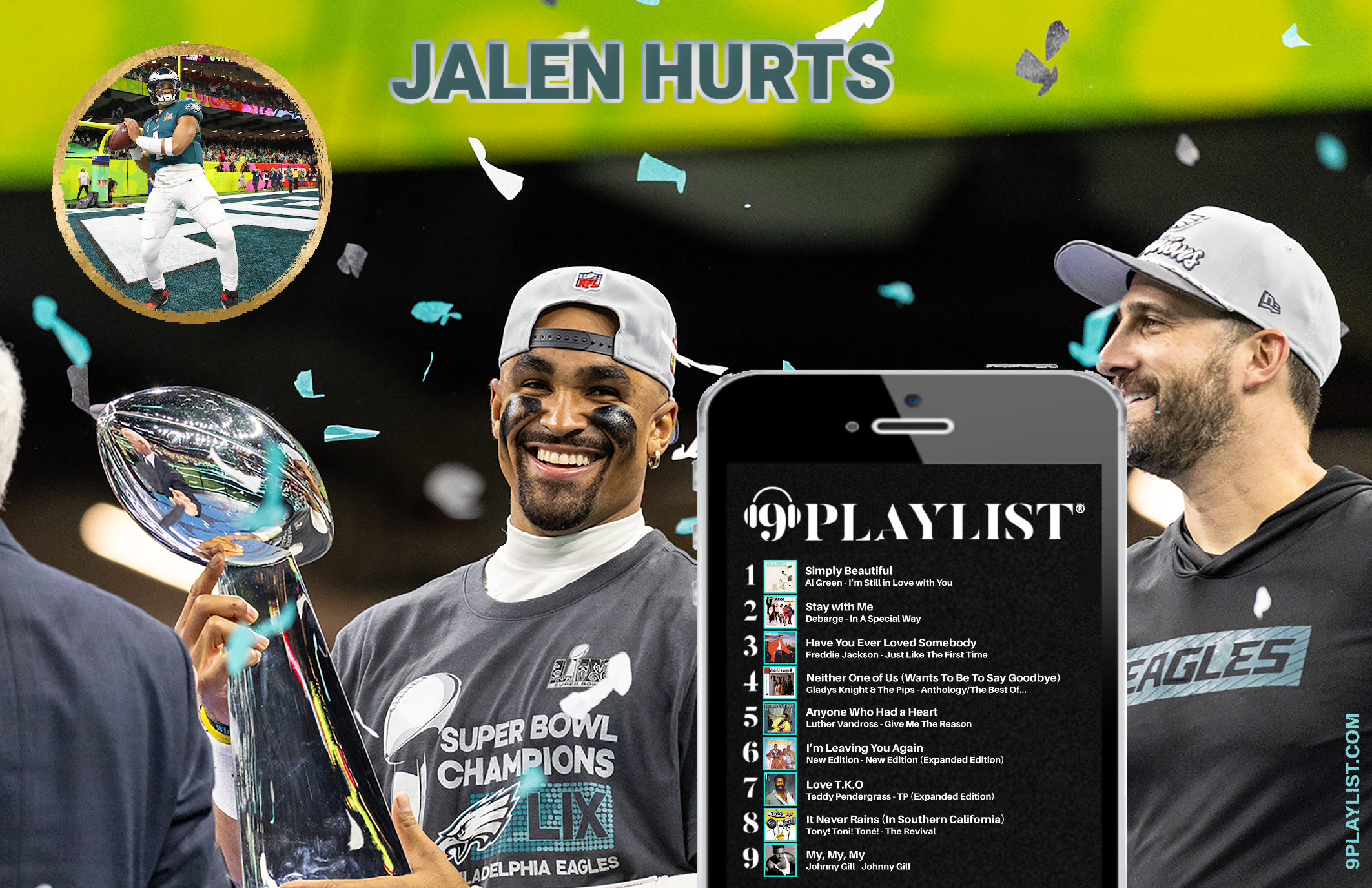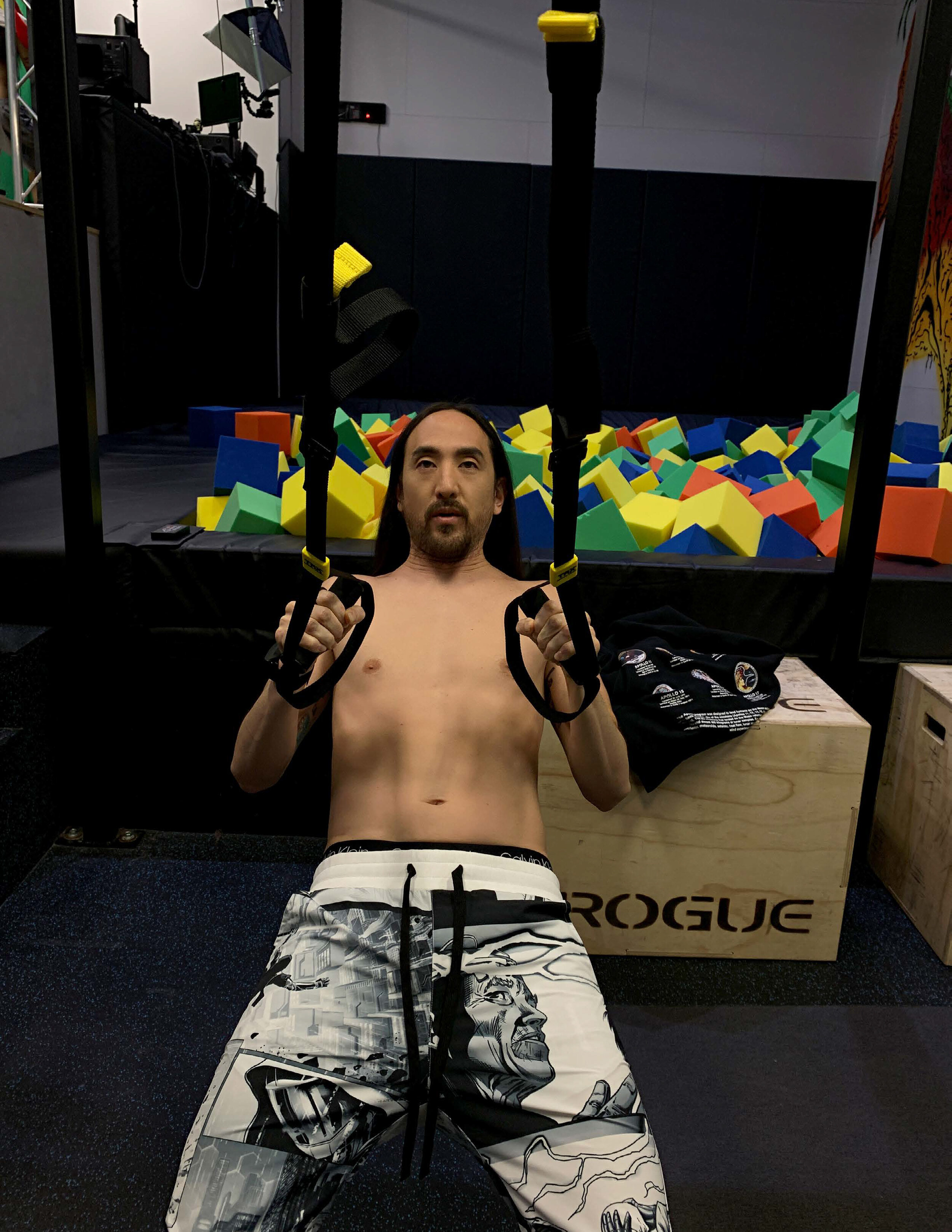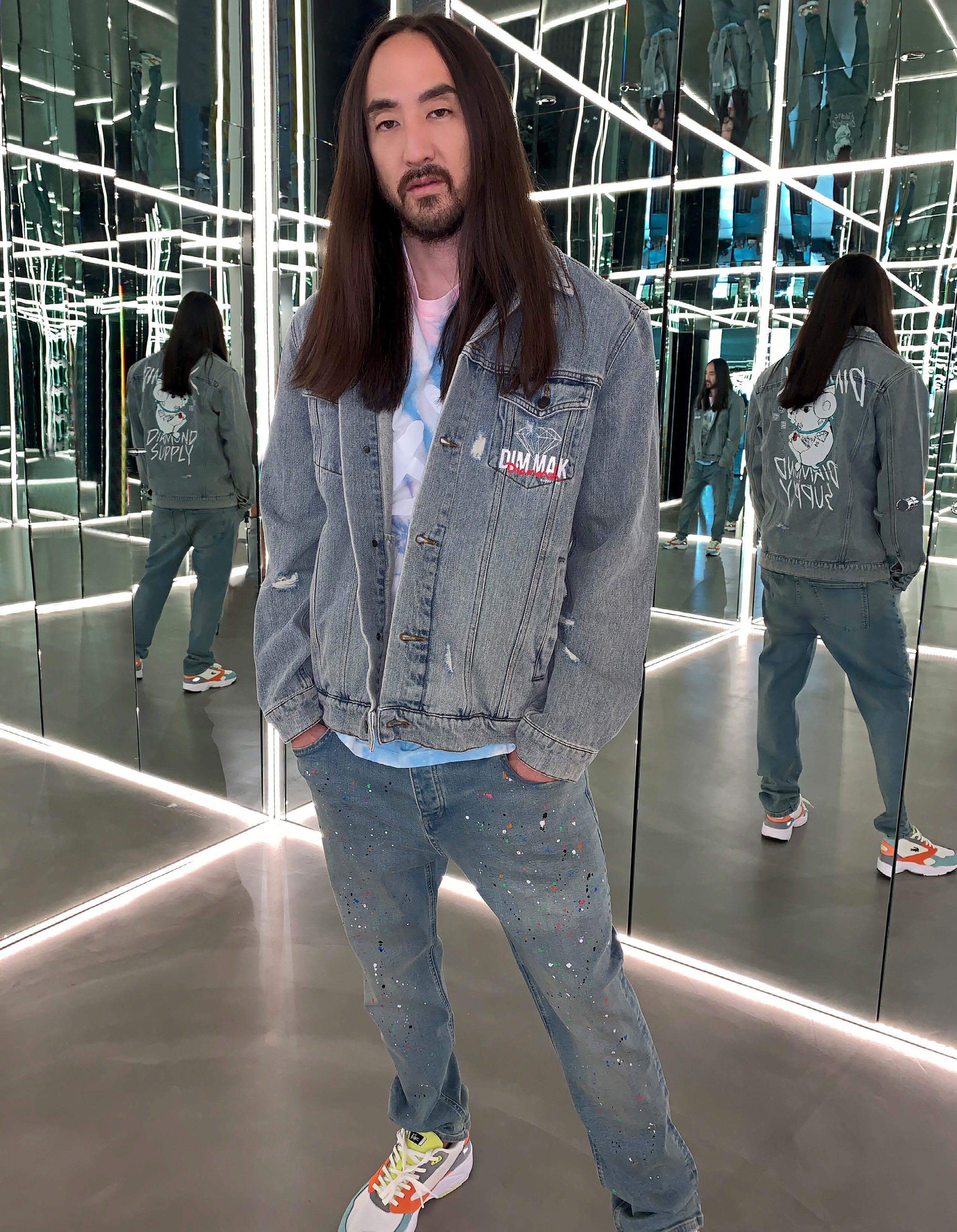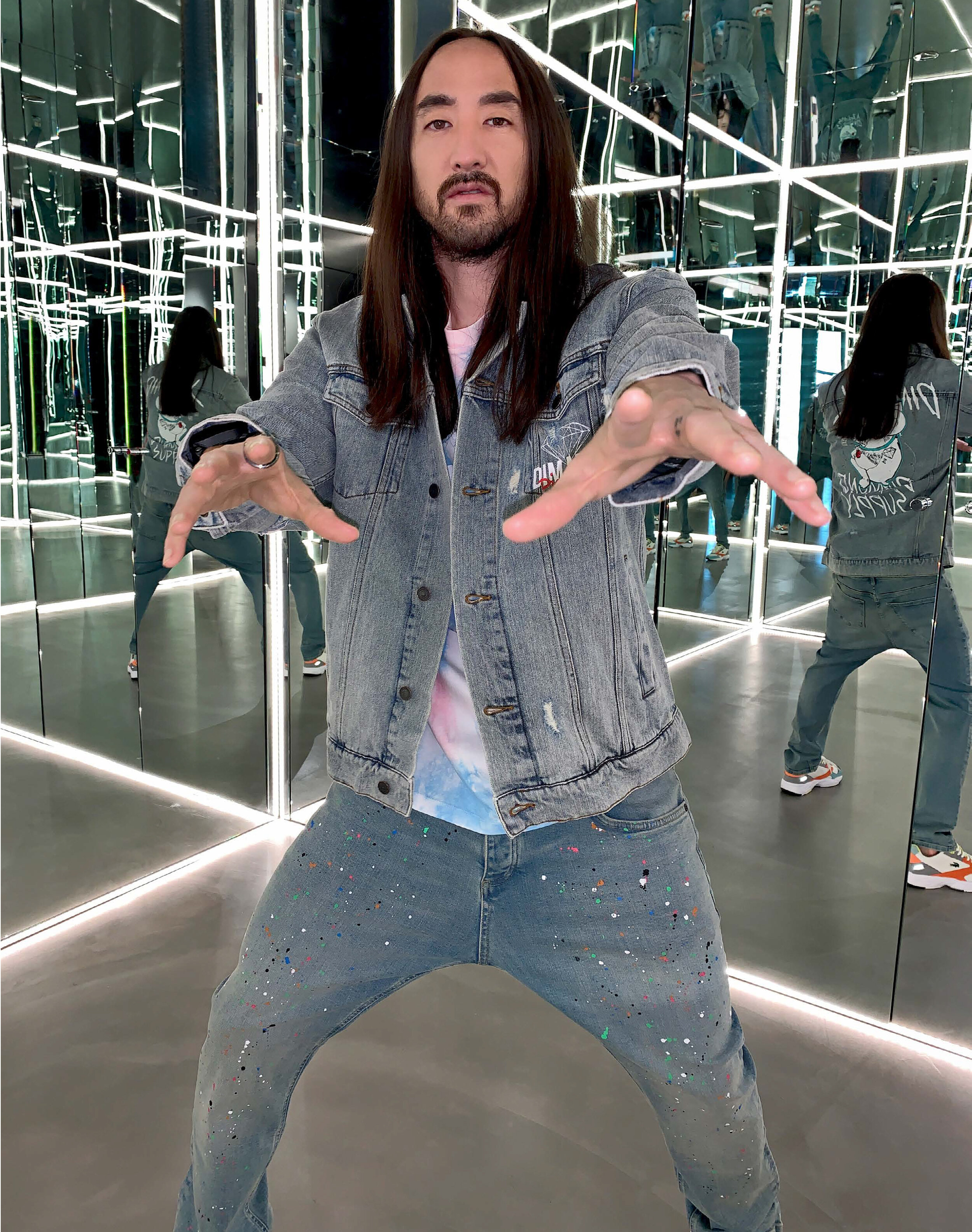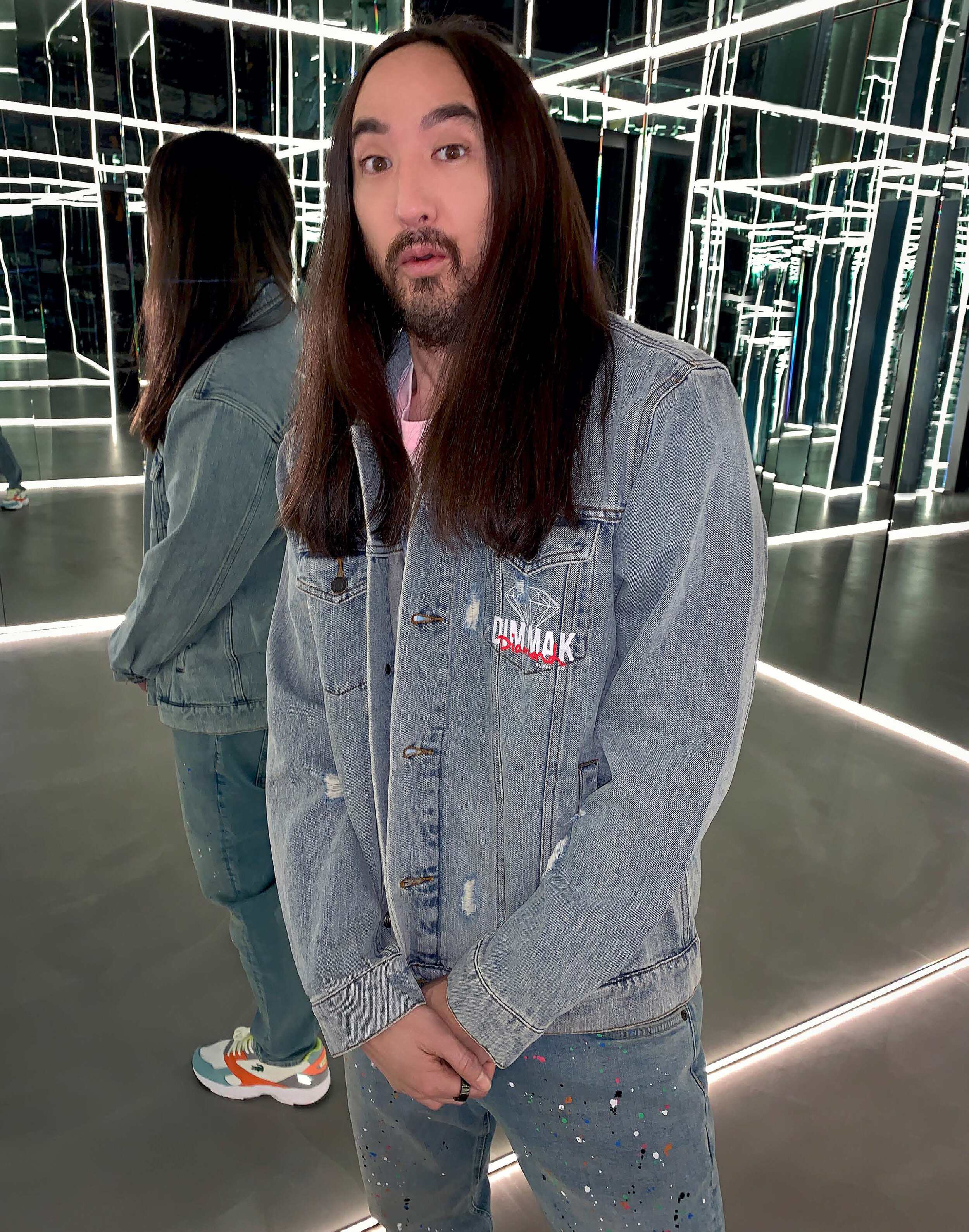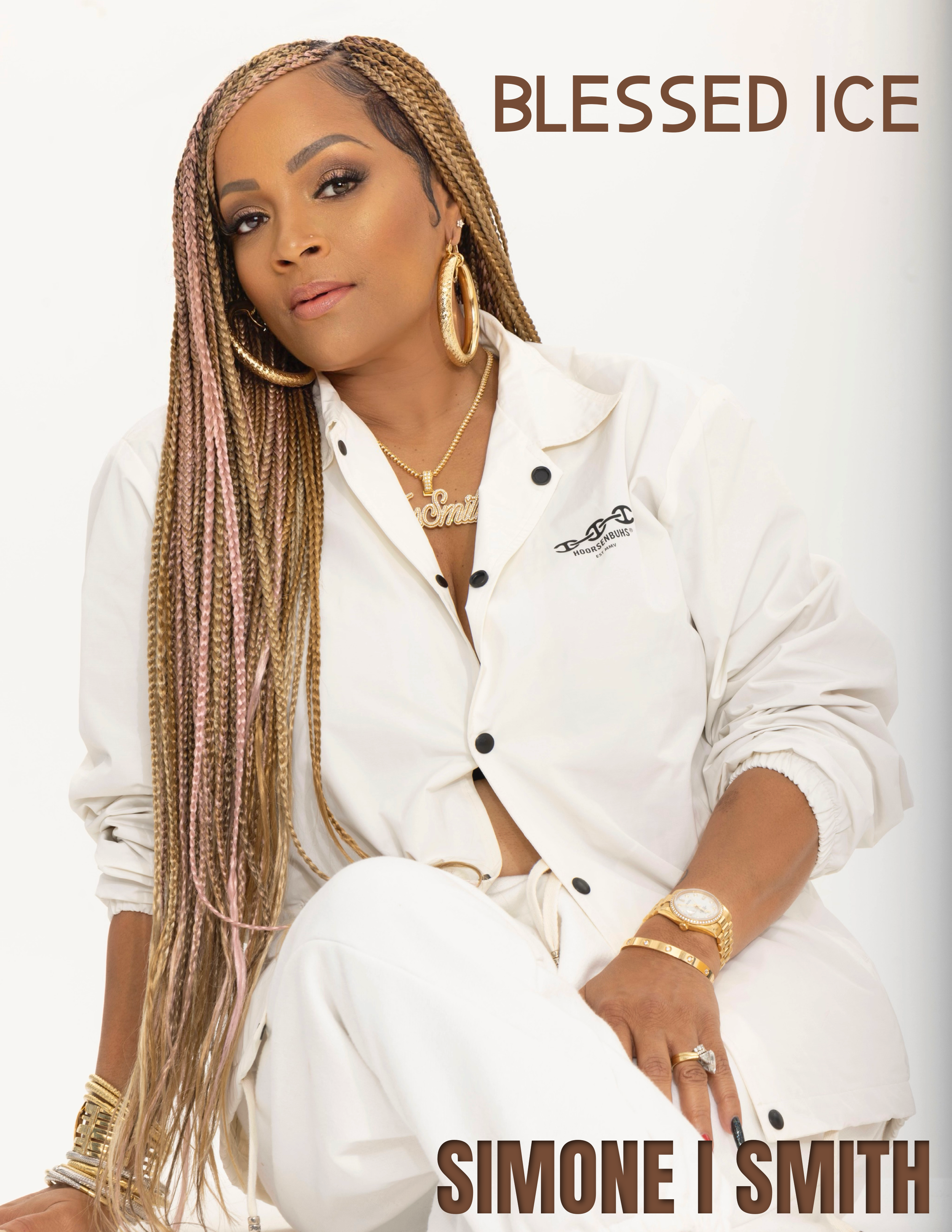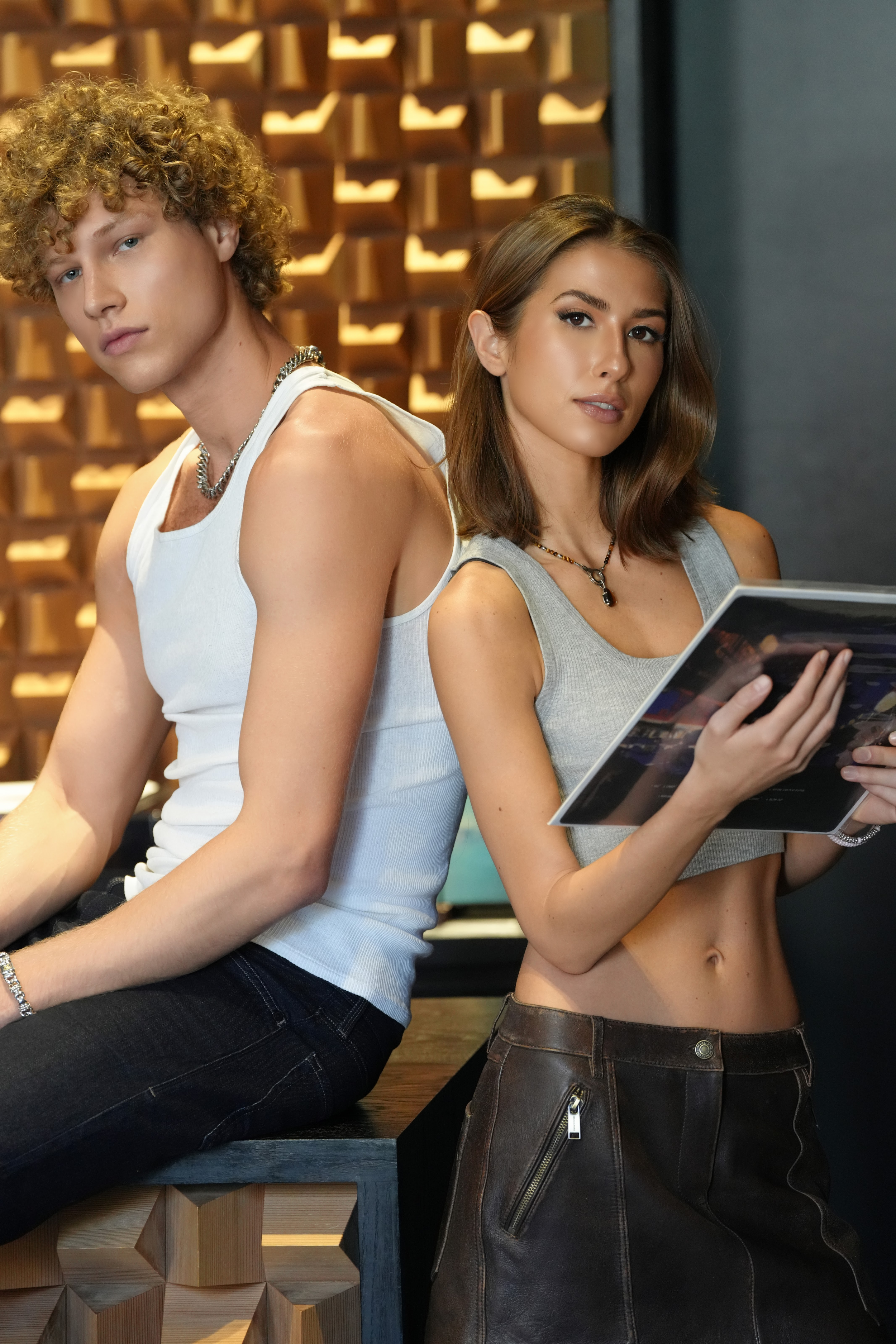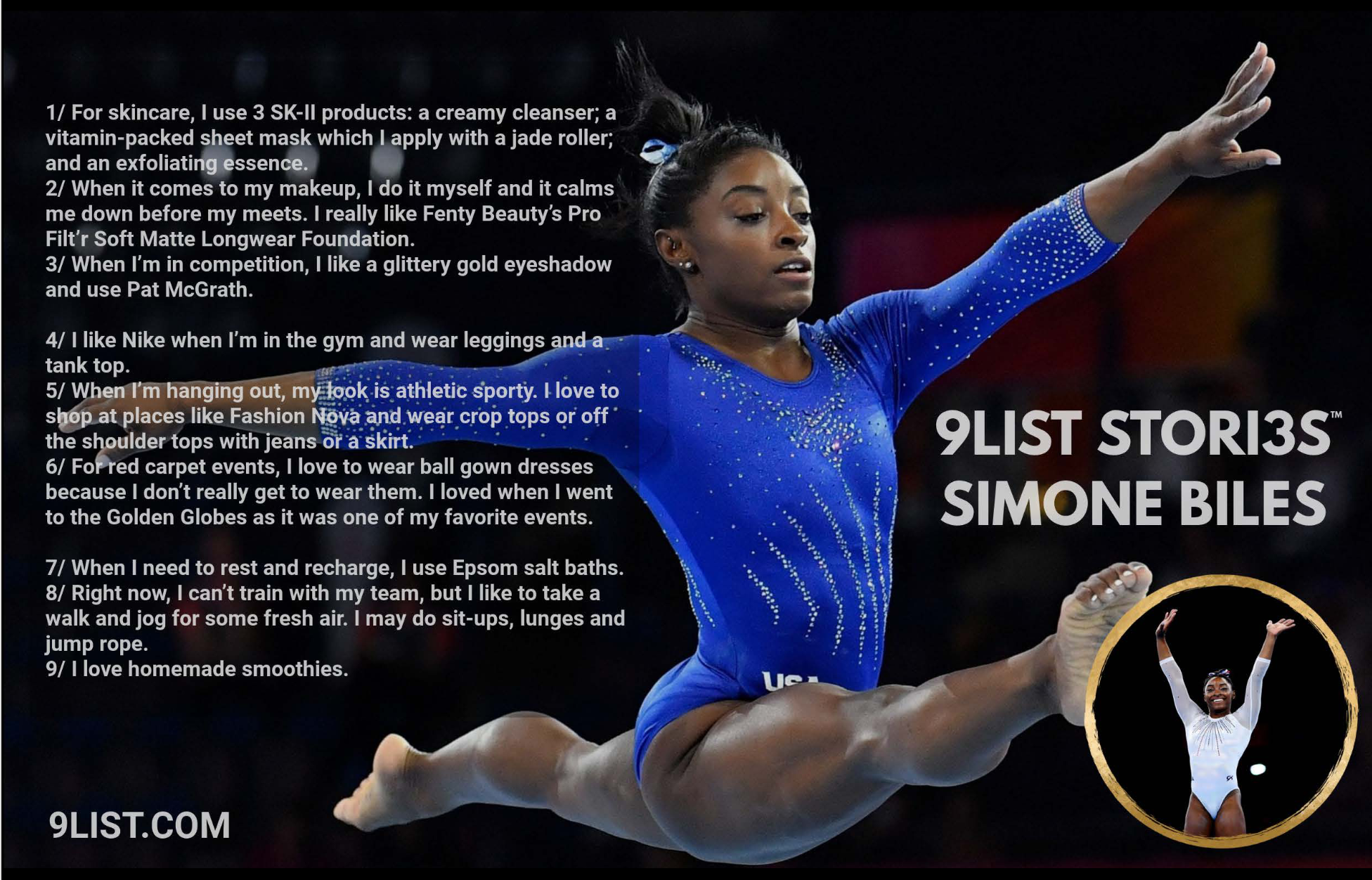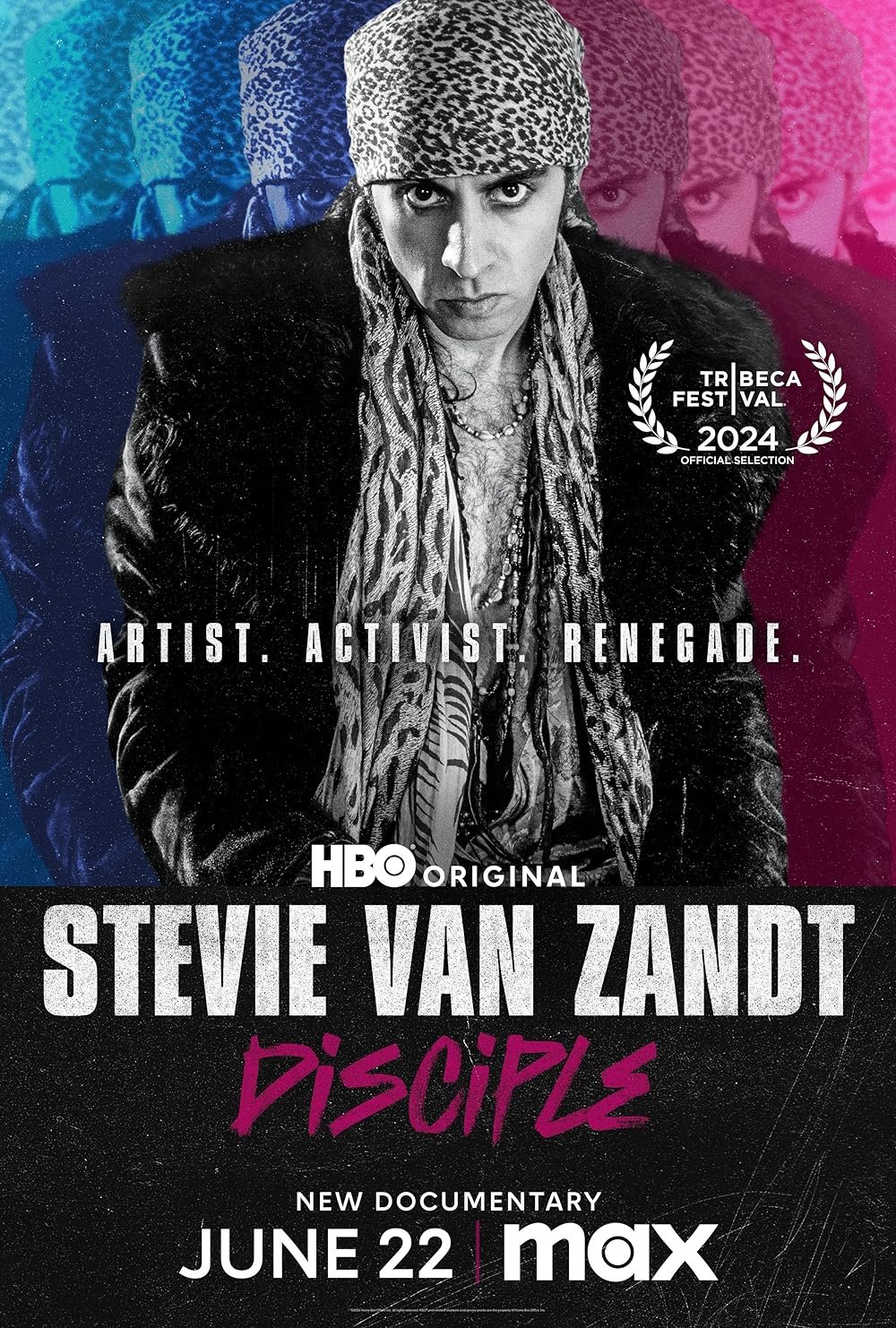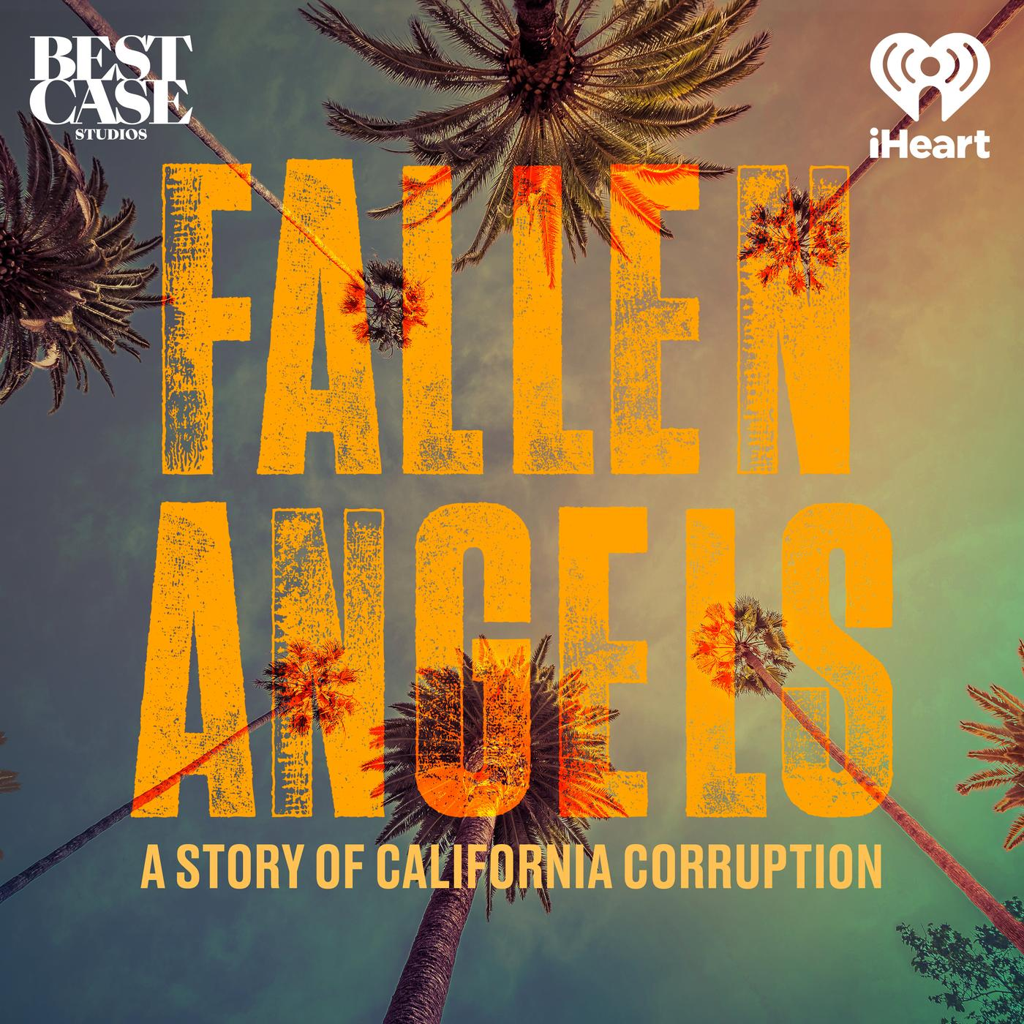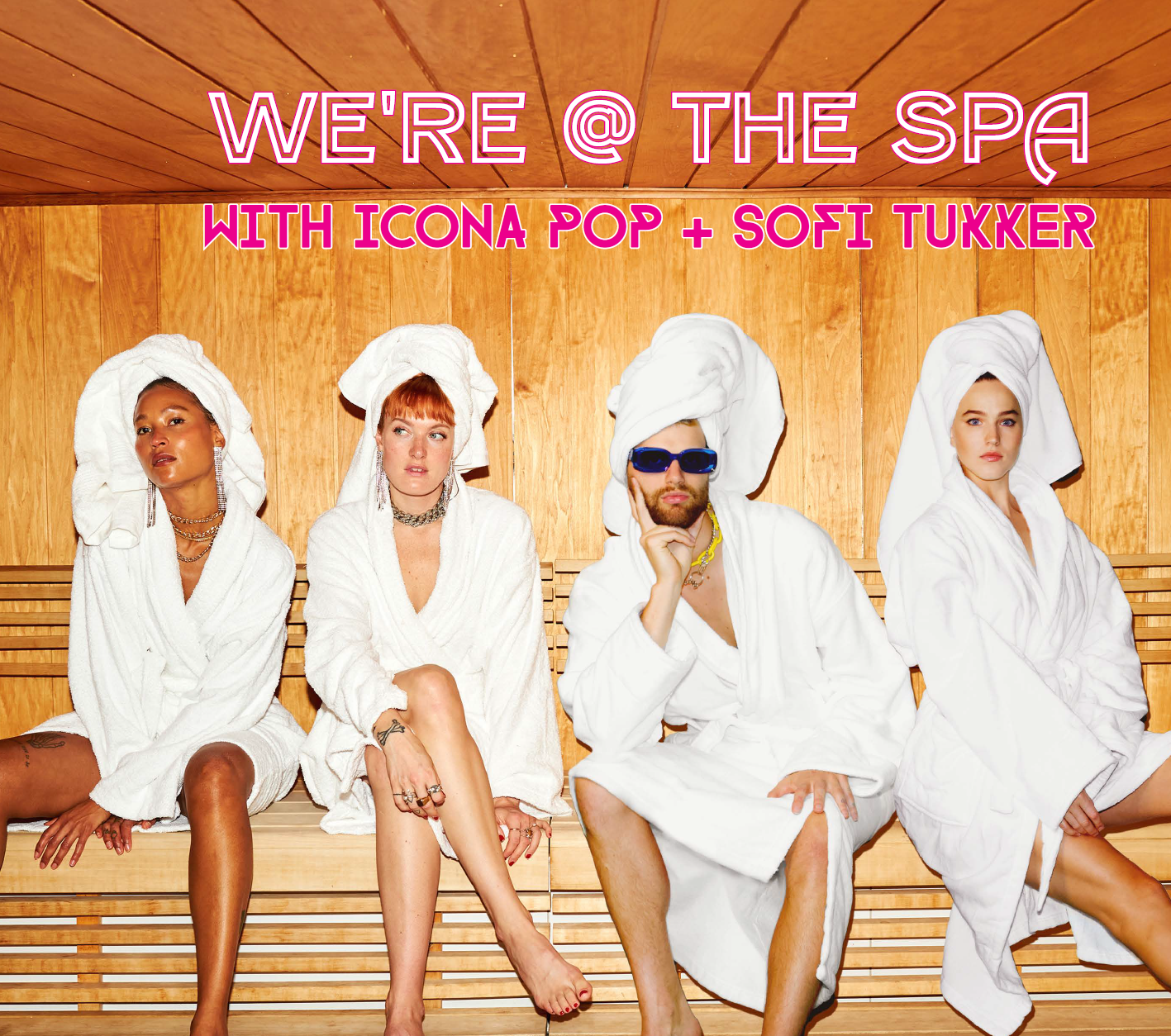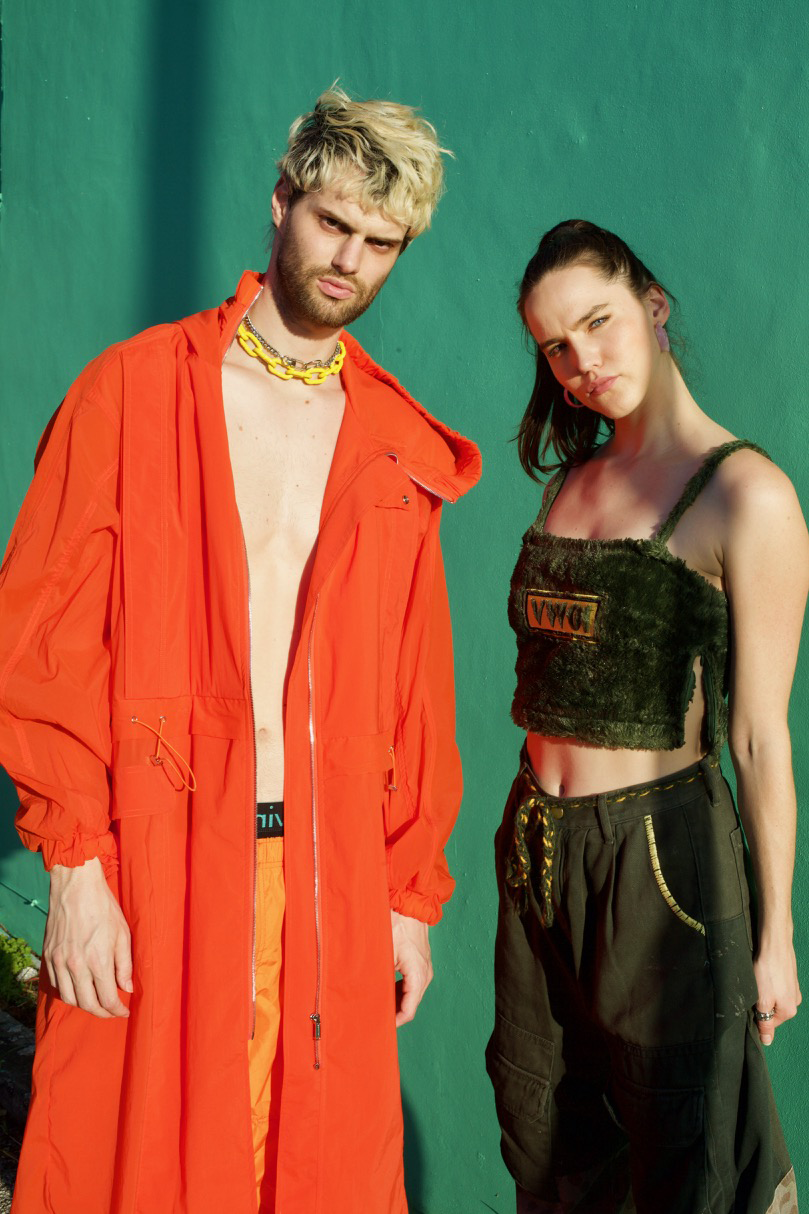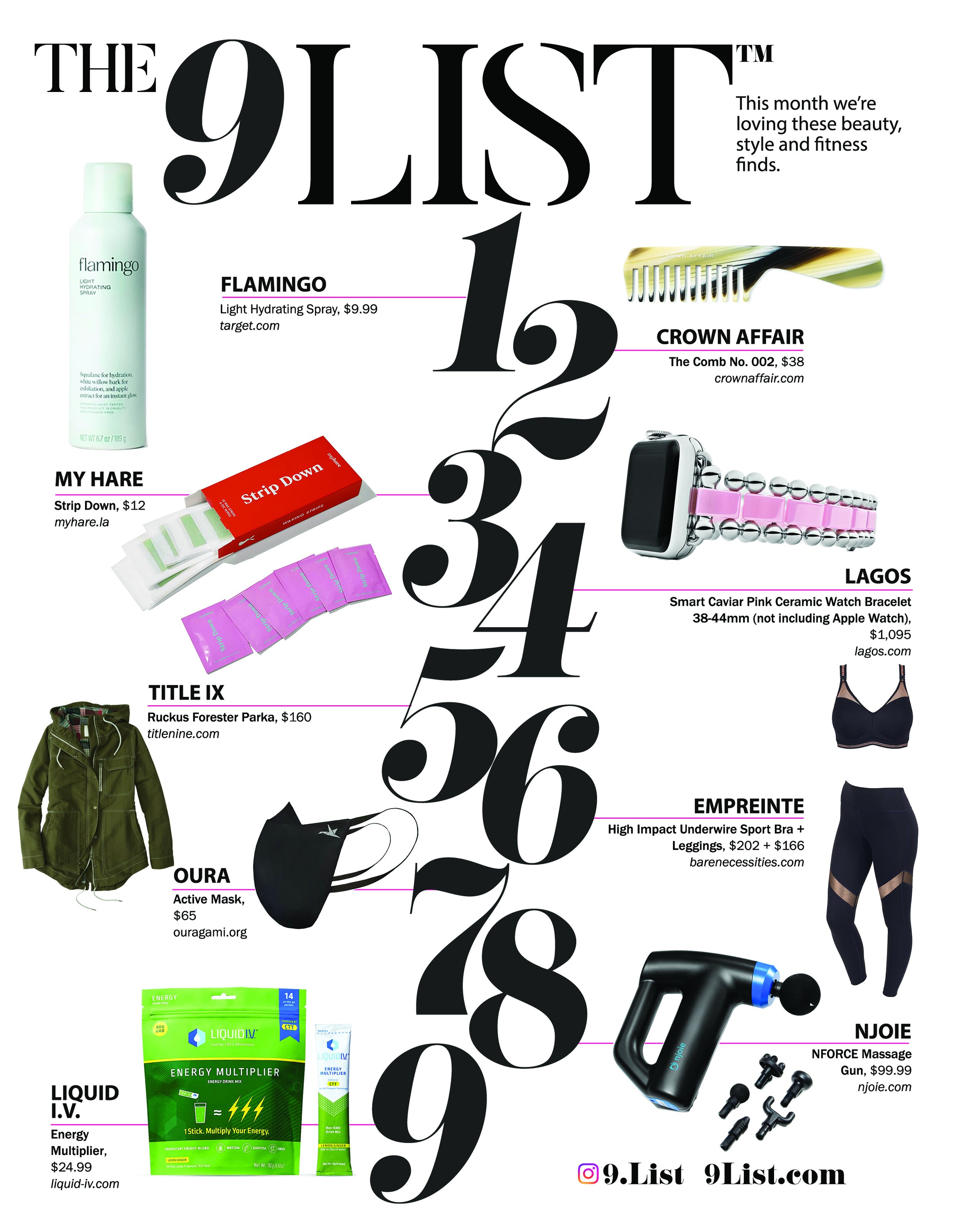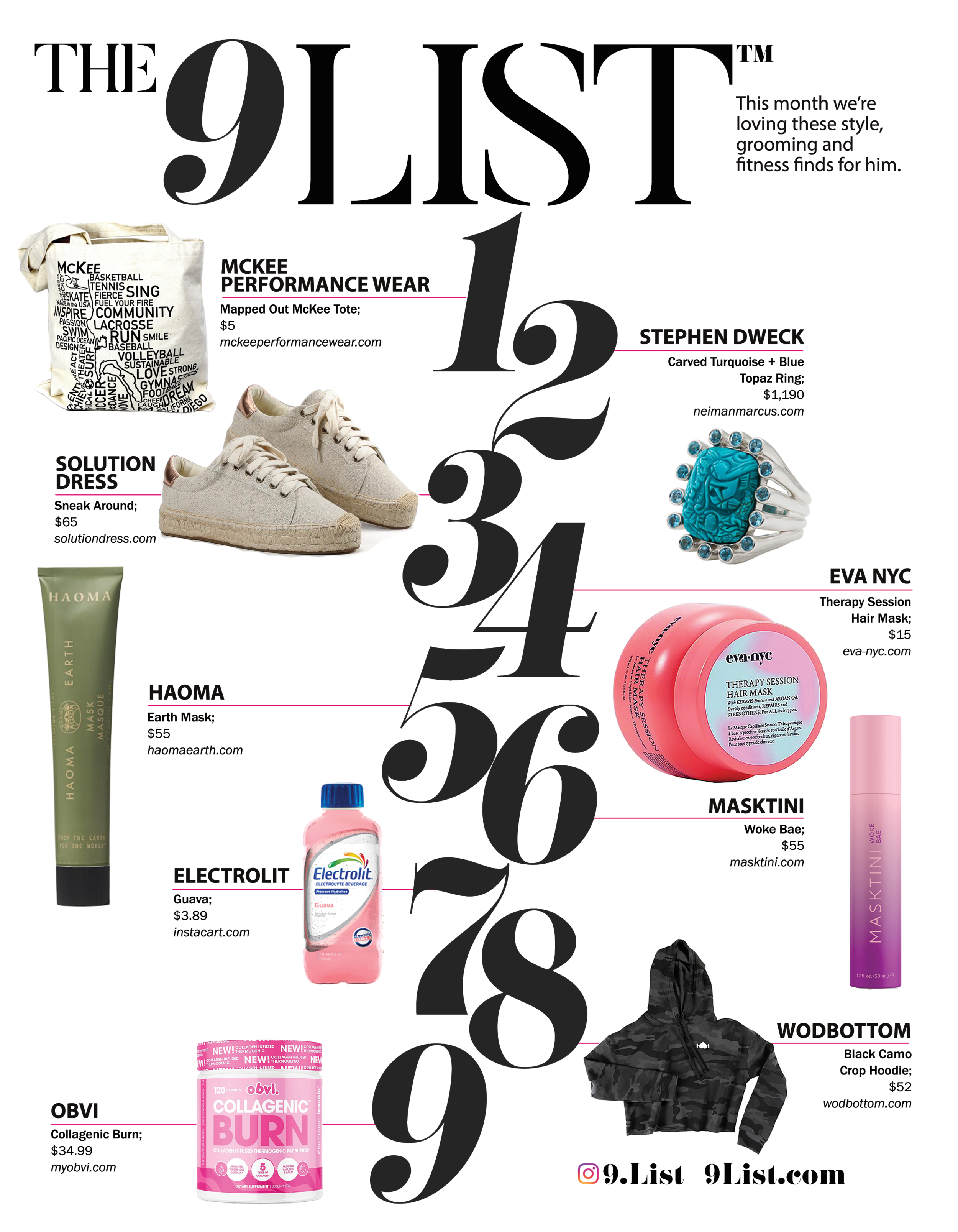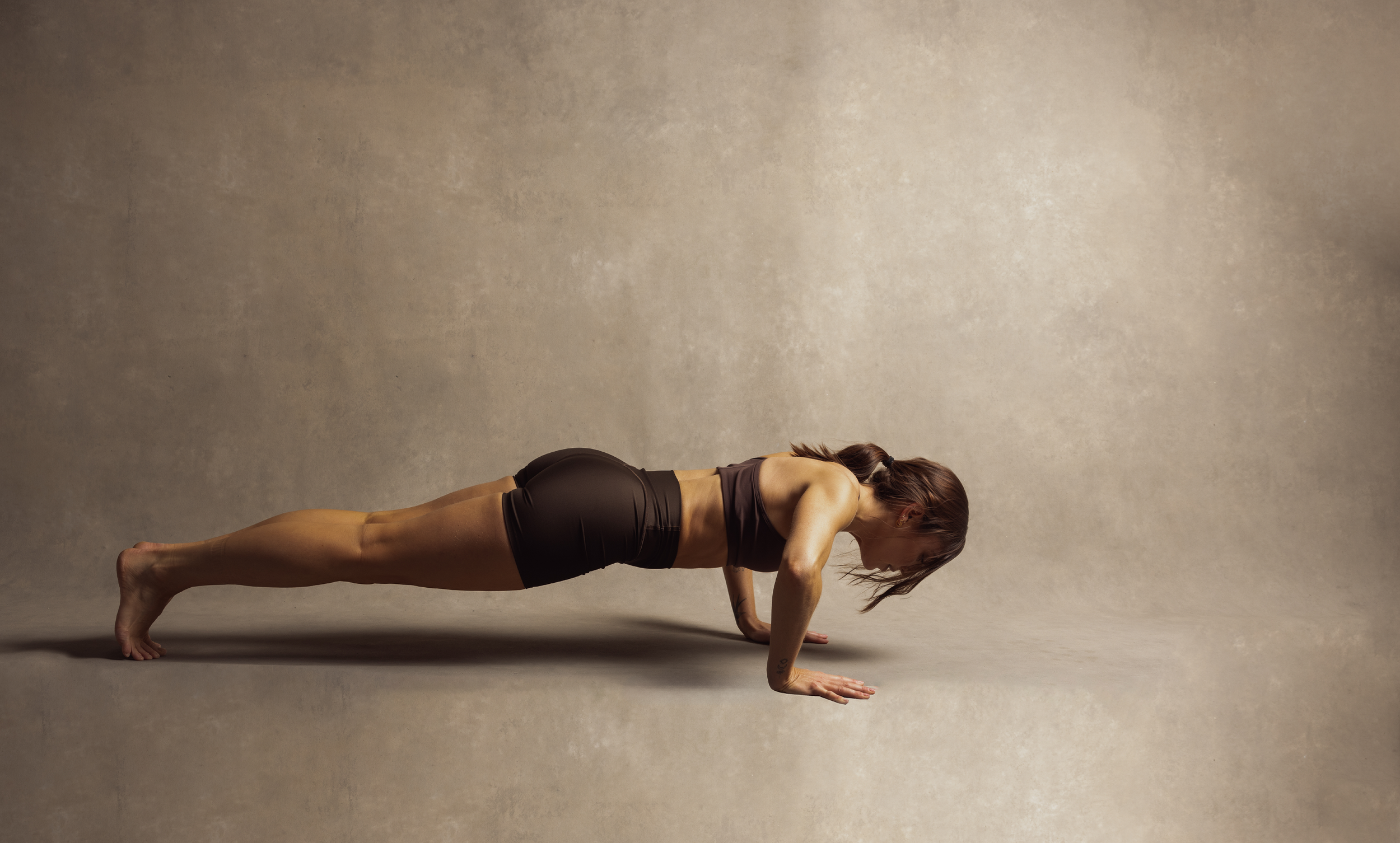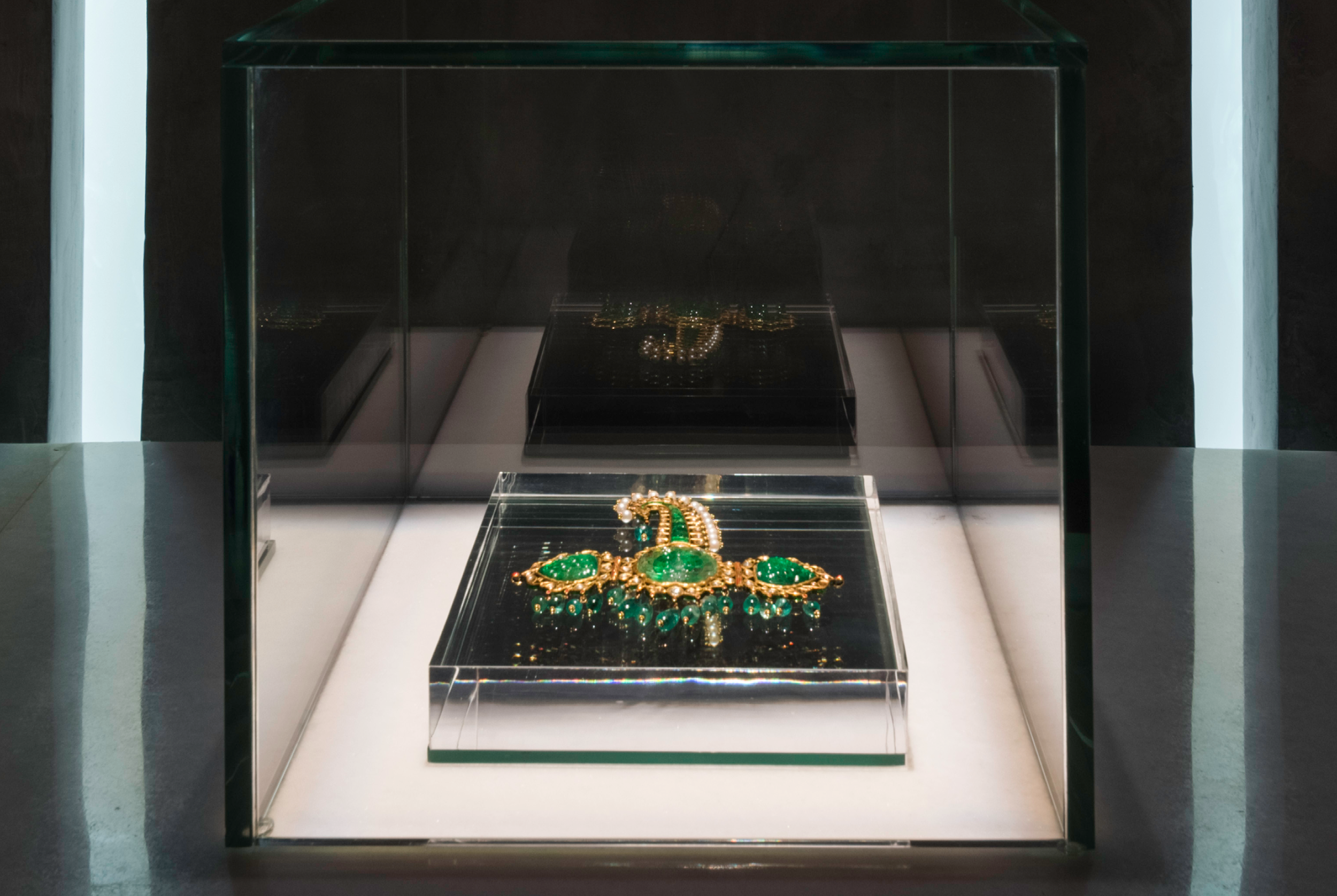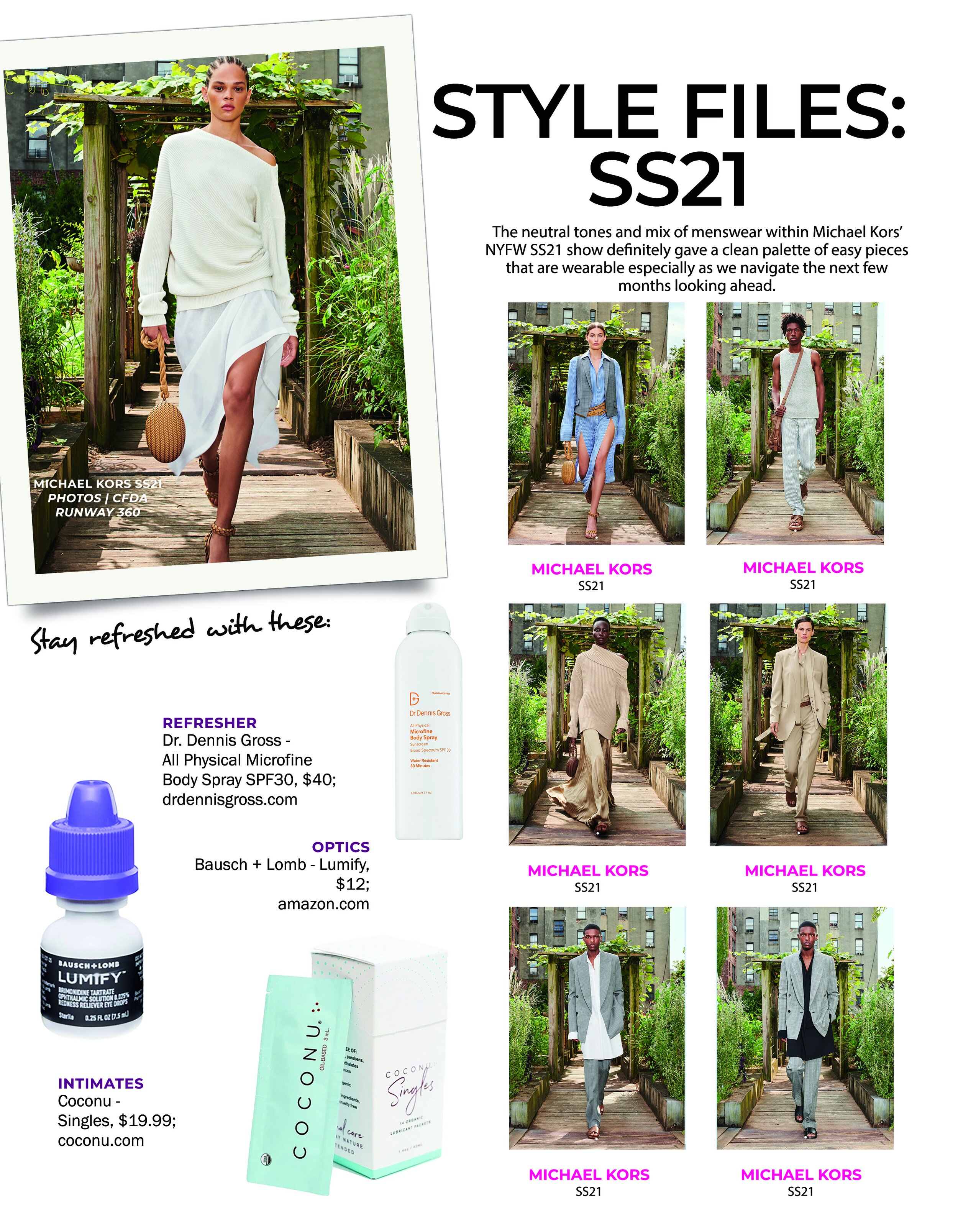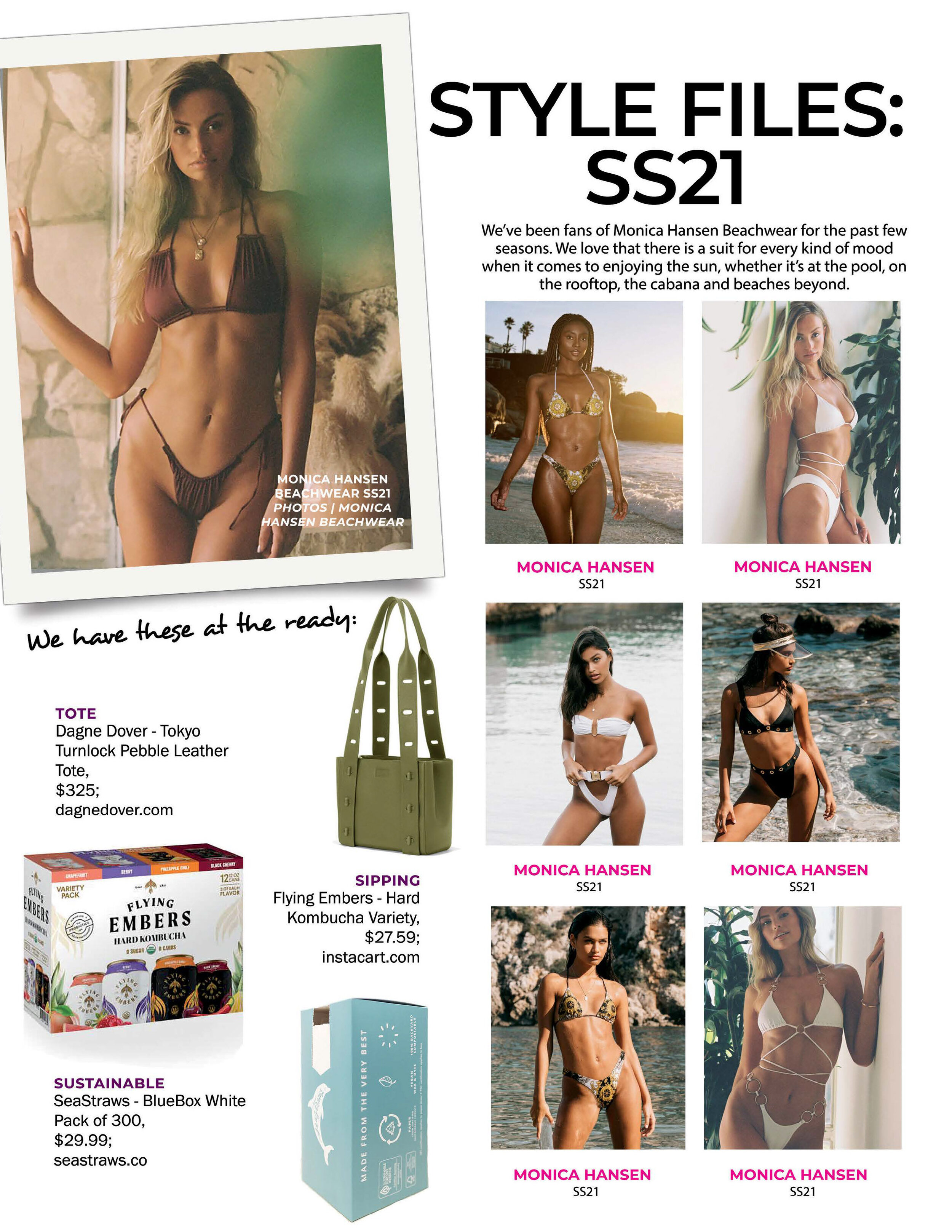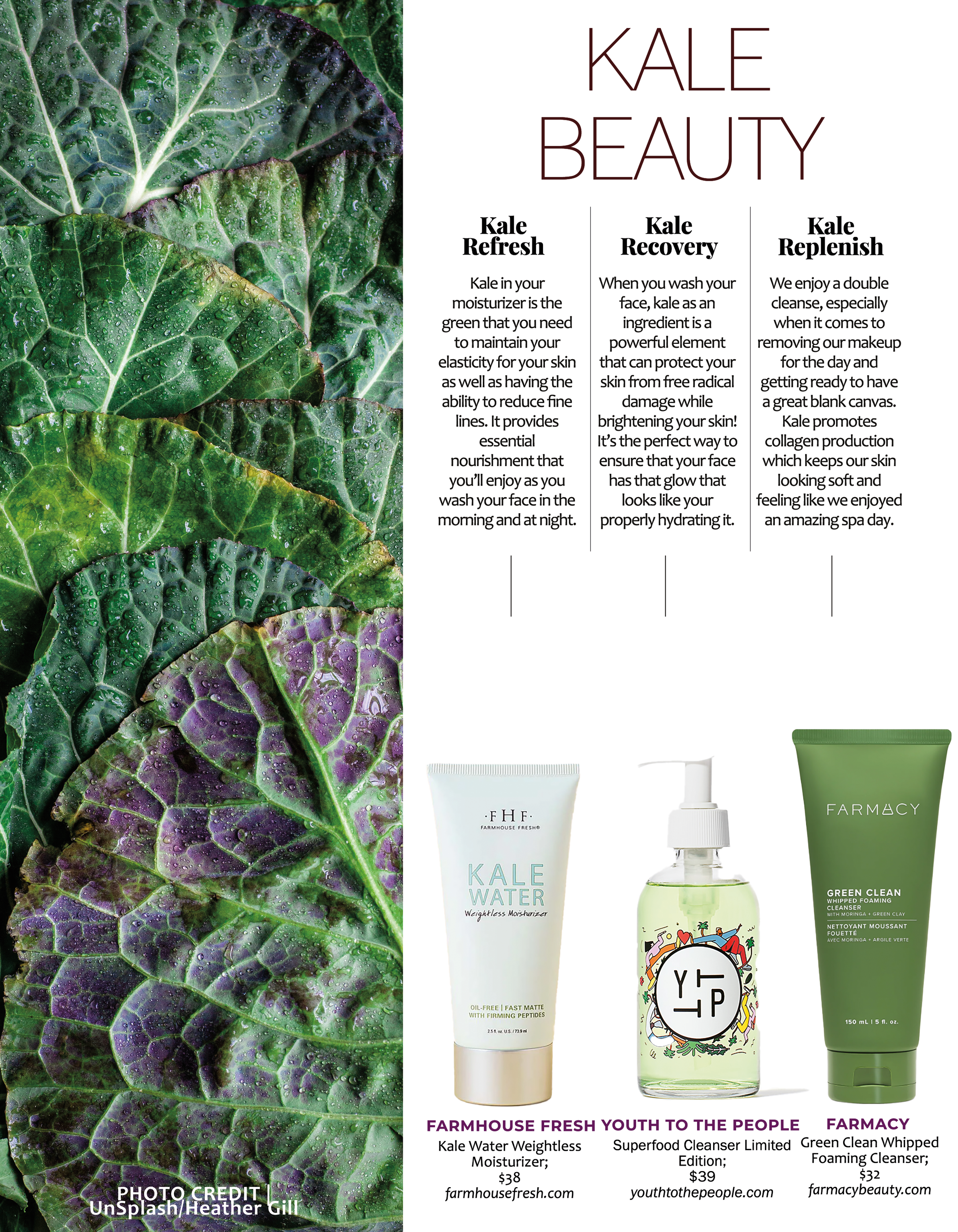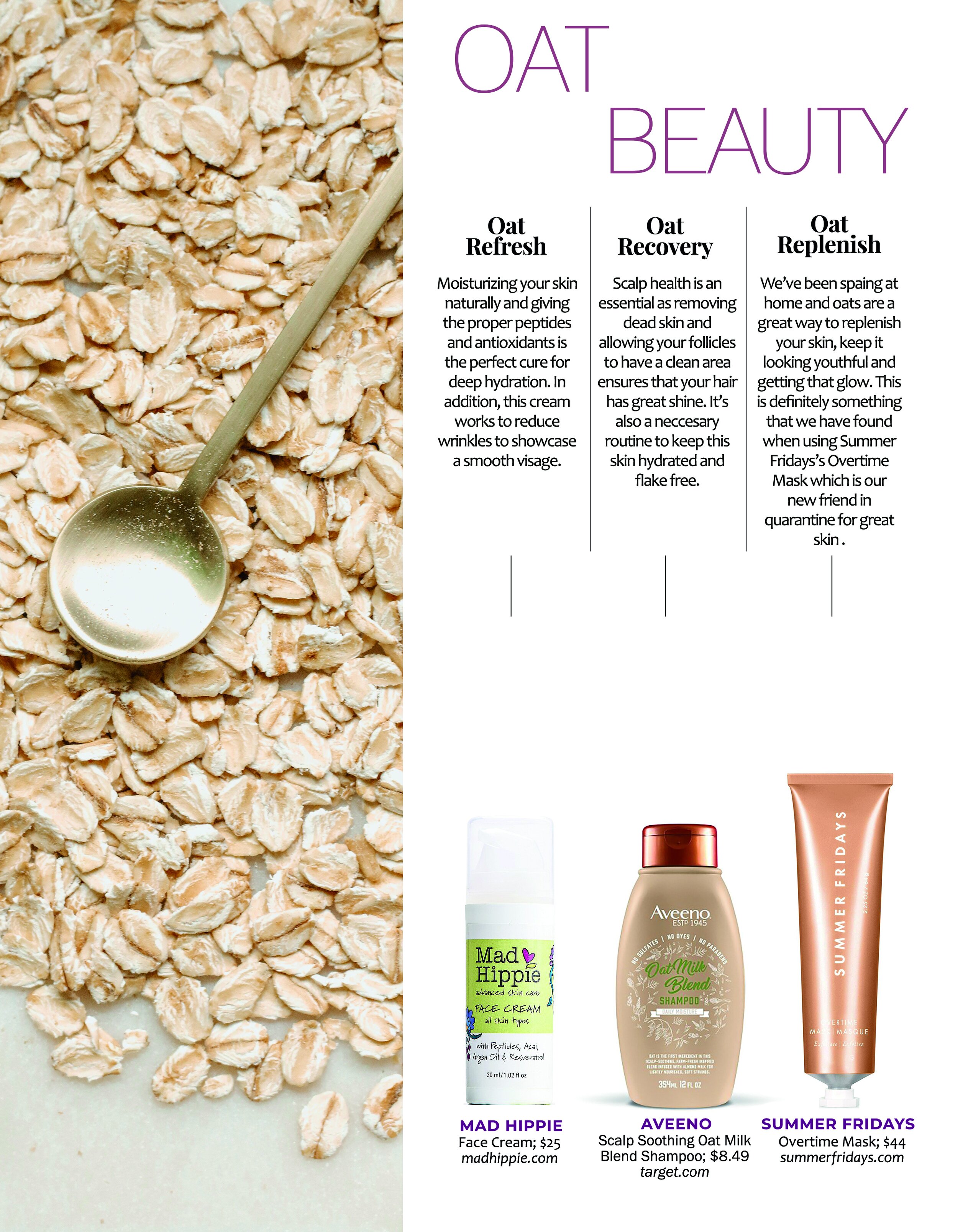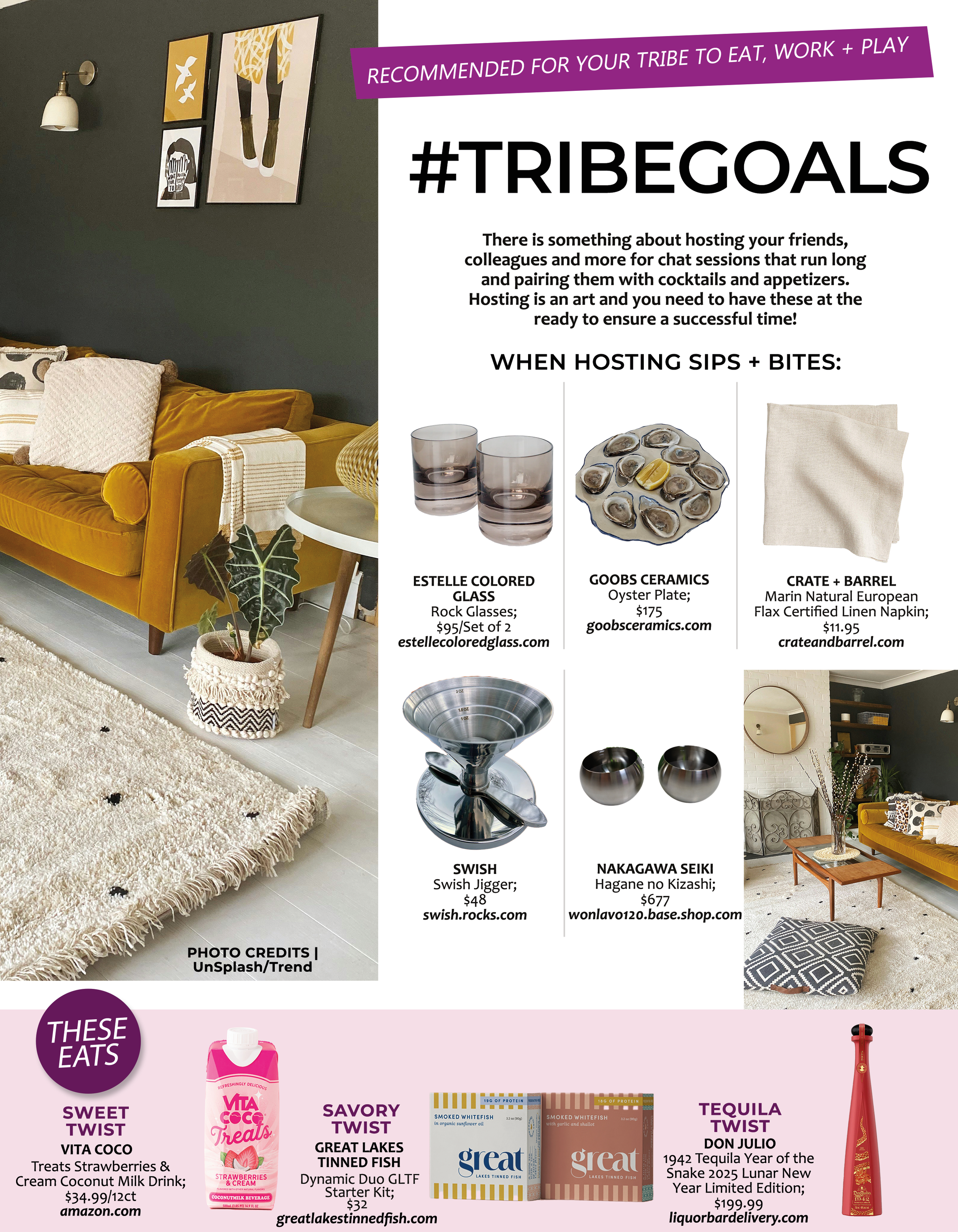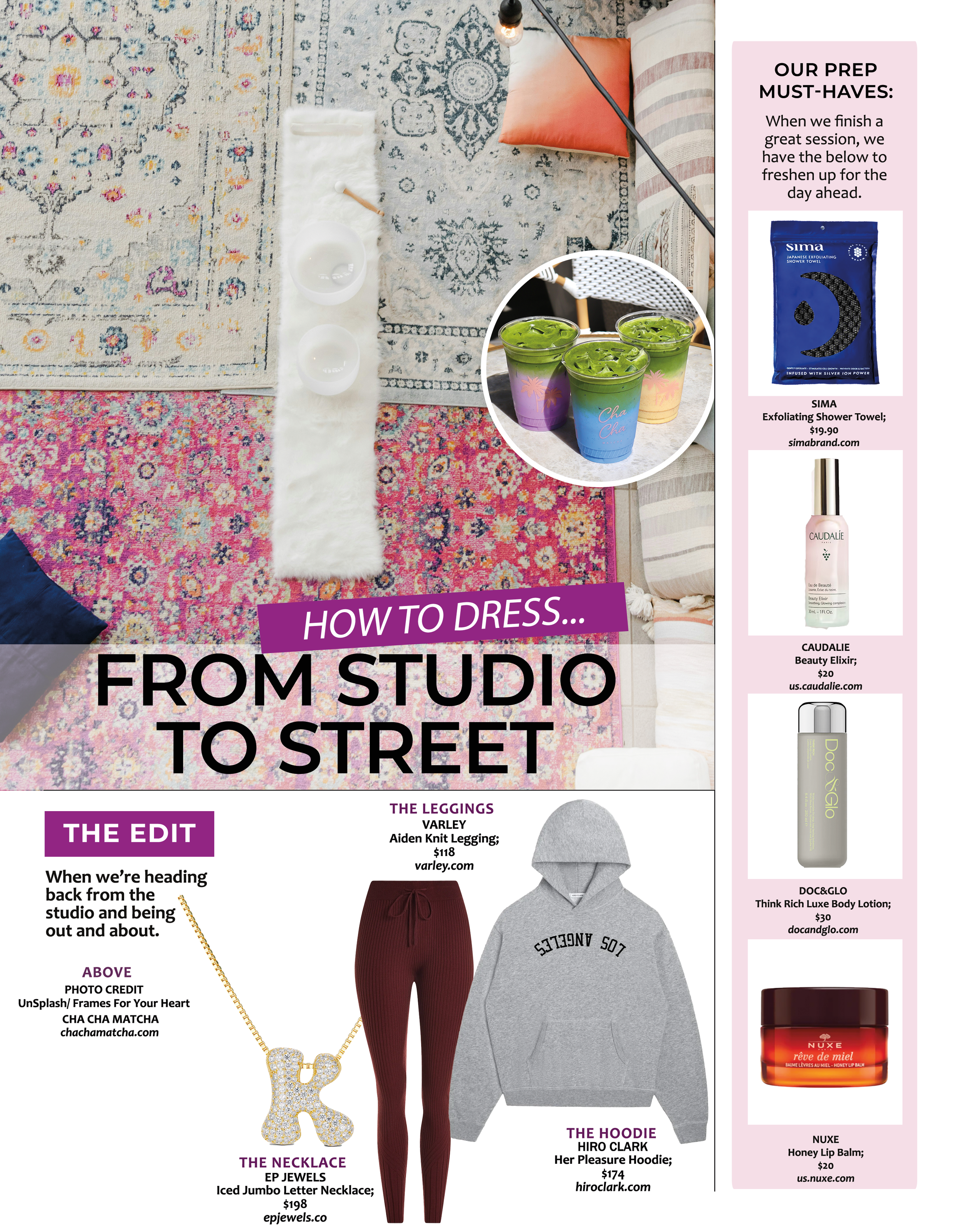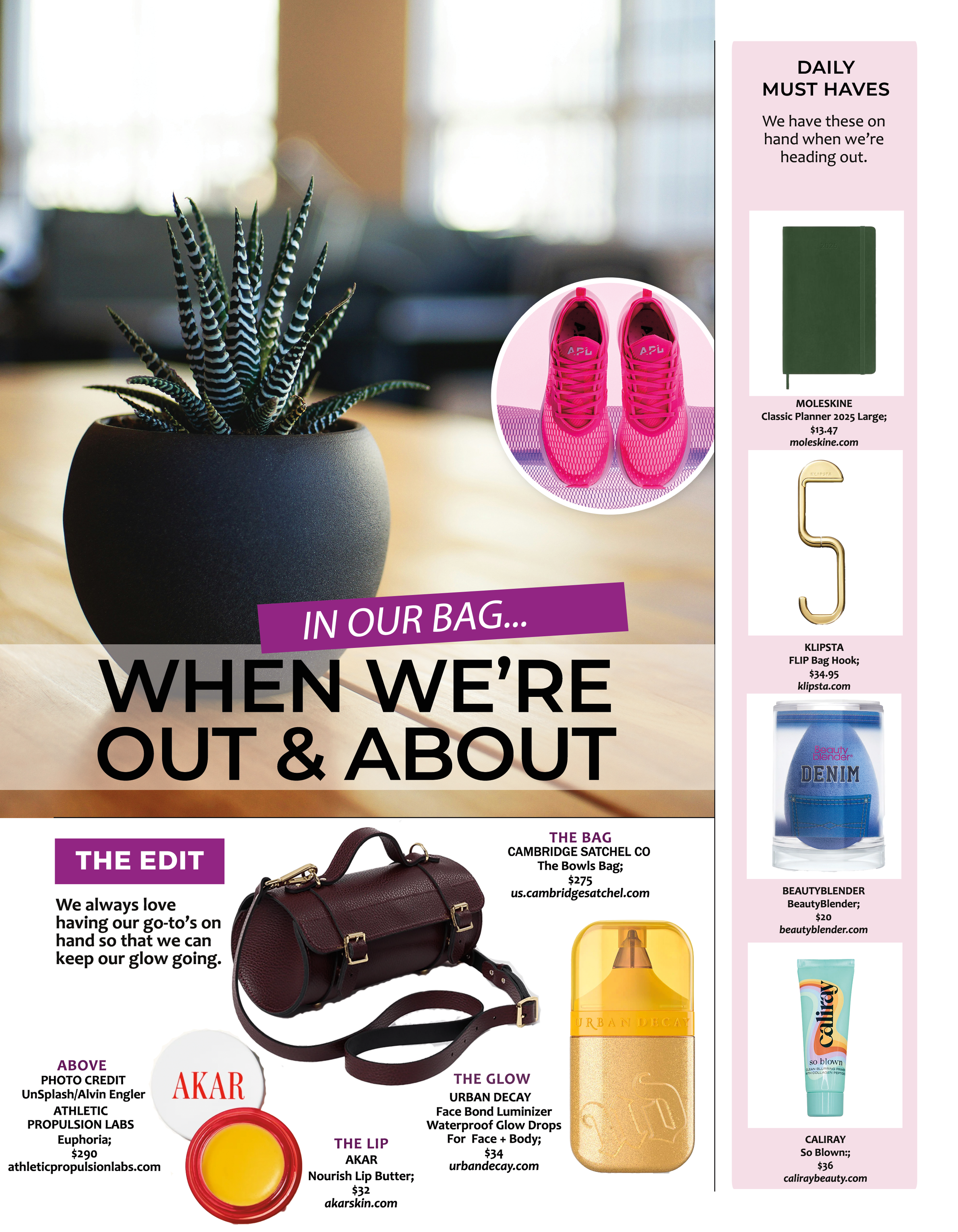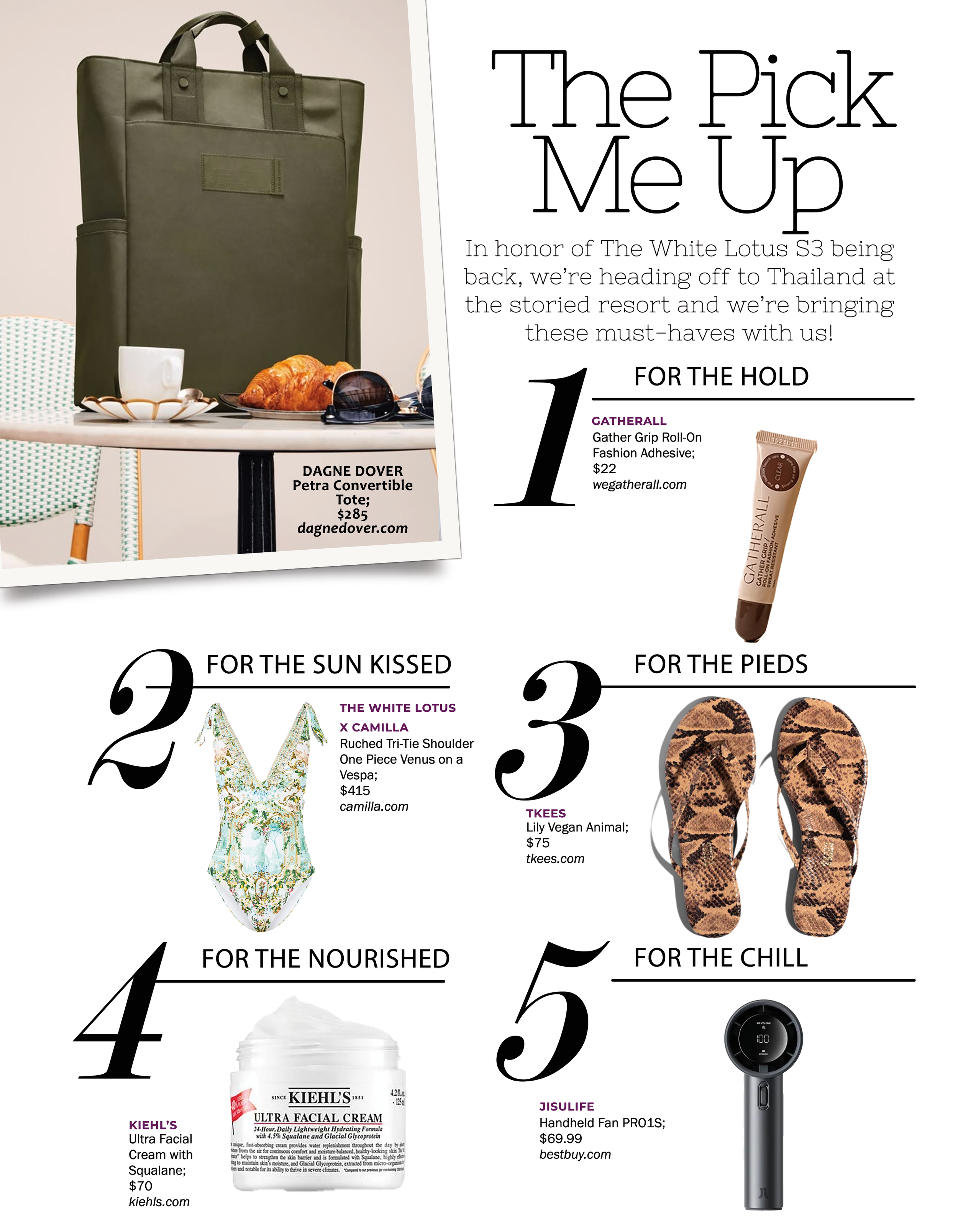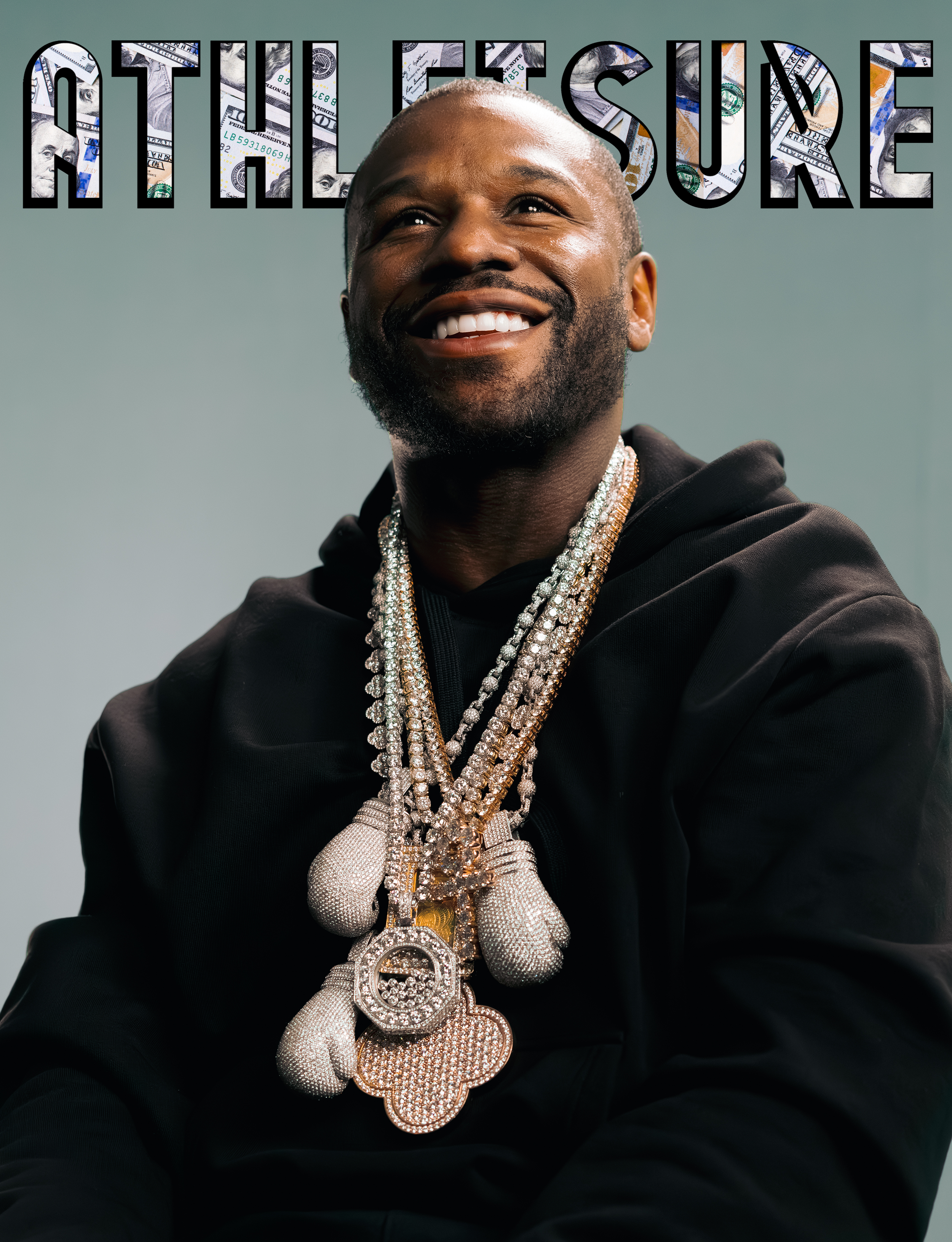AM: As someone who is as busy as you are, who does travel so much, why is fitness, health and wellness so important to you?
SA: Oh God, it’s so crucial and integral. You have to train your body and mind to be able to run the marathon over and over again. You can’t just wake up – before you get out and run, you have to stretch. Before you do anything – I mean, I’m stretching constantly and that stretch is mindfulness. And as I do more mindfulness, actively, and I start learning more about myself – my mind, my body rhythms – it’s really fun. When you’re sitting there meditating, some people think, “oh it’s so boring.” When you get into that space, you get into where you’re finally supposed to be – it’s incredible to get into that space where nothing else really matters. That phone call, that schedule – all these things in life – comparing yourself to this person to that person – that thing – the anxieties of the world. If you can calm all of those things, it’s a really wonderful place to learn to get to. I think that it’s not just for someone like me that was running around like I was prior to COVID-19 like I did, I think it’s really helpful for everybody. For me especially, I need to absolutely make sure that I’m on the practice and I just love having it.
AM: Just looking at your portfolio, it’s so expansive between your music, Pizzaoki, your label DIM MAK as well as DIM MAK En Fuego, your clothing lines, companies that you have invested in like Liquid I.V. which we are huge fans of. How important was it for you that regardless of the vertical, to diversify your portfolio beyond your industry that you work in whether it’s creating ventures or investing?
SA: I mean, yeah, in life, I think that diversification is always a positive. Of course, you know it says a lot when you see someone that dives into their craft 110%. I’ve seen that in Japan especially, with artists that’s into their craft whether it’s even sushi chefs that spend their entire life just focusing on that and I love that – I love that. I’m such a fan of that and I admire and I respect that. It’s important that I have that too because my main core the whole of my operation is music. Music creation, music production and playing – playing my music out to the world. That has to be grounded. That has to be an anchor and platform and if I don’t have that, I can’t diversify. I think what the important lesson is here – is that diversification is always positive. You need to have your main business, whatever it is, whatever your main passion is – it has to be grounded so deeply into what you do and you have to be a craftsman in that space. Once you have that, then you can start building outward. You know, we only have one life, experience it. Experience as much as you can. All of these different things that were created in all of these different worlds is extremely fun for me. I enjoy it. I love it and if I didn’t love it, I wouldn’t be doing it. You have to love what you do and you have to love the process – not what is actually going to be in the end result. It’s always about the process.
AM: With so many artists, because of COVID-19 doing their performances virtually and I know that you’re known as a Techno Futurist Optimist with an interest in the intersectionality between humanity and technology, how do you think this digital reliance will impact the industry long term once we’re able to get back into a new normal.
SA: I think that in a hopeful sense that we will all get back to what we all love. You can’t deny live experiences and live shows. There is nothing that compares to that. A virtual show is like 1/10th of the experience and not a 100% of the experience. That’s why they were so big all around the world. We’re social creatures and beings. We love being around people and experiencing things together. We’re not a solo species. We need to feel energy and those feelings with other people. You can’t deny that and I think that hopefully, there will be a vaccine that will be administered around the world where we don’t have to worry about COVID deaths and COVID tragedies that are happening. But until then, the digital space is what I had to do. I think that all of us have had to take that because now there is an infrastructure being built around the digital space of experience and it’s evolving quite quickly. You know, I just played an Oculus show where you put on an Oculus headset and you’re talking to people from all around the world. As a fan watching the show, you can look to your right and your left and there’s another fan watching that same show from a different country. You can actually socially engage with them. The infrastructure is being built in such a way that there’s going to be more of a catch and they will be able to bring more of a better experience. I think that once we get back to IRL shows, there will still be that people will want to do that and be apart of that. I think that at least with COVID and people being in that business, it has created a space for it to grow. But, you can’t compare that when you’re talking about a live show.
AM: Last year, you published your memoir Blue: The Color of Noise, why did you want to write this and what was that process like for you?
SA: It took me about 6 years. It took me a long long time. It definitely wasn’t like, “ok, I’m going to get this done – I just need to do this.” It was an ongoing process and it started out being like the history of DIM MAK first. So I was like, DIM MAK is going to hit 20 years – we’re at almost 25 now. I thought I would do the history of DIM MAK, a 20 year book and I started writing stories about when I started DIM MAK back in ’96 when I was in college. I wrote about the struggles and all of the good stuff that you want to read – incredible stories. Then I realized, this was more about a memoir about my life and DIM MAK is a part of my life. It’s a big part of my life, but I felt that I should expand more and at that point, a few years after as I was touching on the history of my label, I started talking about the harder things that were very difficult to open up about like the death of my father (editors note: Hiroaki "Rocky" Aoki, a wrestler and restaurateur who founded the restaurant chain Benihana), the death of some of my friends that made a huge impact on my life and then as I got deeper, I started seeing a therapist that helped me to actually bring out some more of my introspective feelings that had to be kind of unearthed. You know, it was therapeutic to be able to write the book and a lot of that went into it. I also – you know when a lot of people think about the history of Steve Aoki, they say, “oh yeah, he’s the guy that throws cakes at people at shows.” Well I just wanted people to know that there is a lot more than just that.















